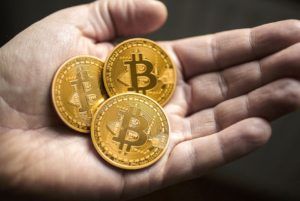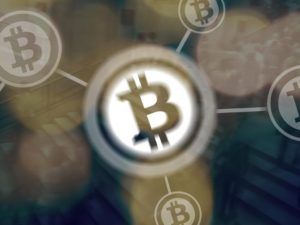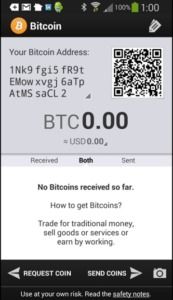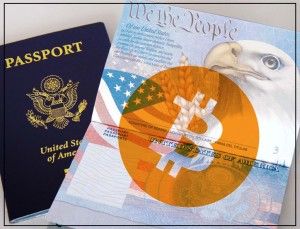Yesterday was D-Day in the Bitcoin world: On Tuesday, Aug 1st 2017, Bitcoin Cash (BCH) forked off of Bitcoin (BTC). For anyone with control over their wallet and private keys, they now have an equal amount of BTC and BCH.
I have a Bitcoin wallet. Yet, I don’t have any new Bitcoin Cash—and I have no one to blame but myself. Will I ever get the BCH associated with my pre-fork coins? I think that it is likely, though certainly not assured. If not, it will still be my fault. After all, I had fair warning from the company that I trust as custodian of my assets.
A Cryptocurrency Mantra:
“Woe be the person who trusts decentralized cash to a custodian”
I trust Coinbase for good reason. I left my BTC in my Coinbase wallet and vault throughout the fork. Let me tell you how I view the risks of failing to remove my coins before August 1…
- Coinbase was clear in warning that BTC withdrawals would be frozen before and after a fork. No problem…I had no immediate need to access my coins.
2. Coinbase warned  they had no plan to support BCH—not even for withdrawal after a fork.
they had no plan to support BCH—not even for withdrawal after a fork.
I accepted this 2nd warning, even though their reasoning and motives were terribly weak. But, today, I feel very sore. I need a morning after pill! Bitcoin still trades at the level of the past week—about $2700 US/BTC. But my non-existent BCH holdings have significant value! It was briefly as high as $750 per coin, and is now trading at $475. This means that even if I have no desire to save or spend the new coin, I no longer have the option to liquidate my forked asset. I lost a slam-dunk opportunity to capture 17½%.
We’re not talking about a theoretical gain or a gain that assumes liquidation at a momentary spike. We’re talking about right now—a missed opportunity to pocket thousands of dollars!
Am I angry? Not really. I am disappointed at my lack of initiative. I have only myself to blame. For the record—I don’t believe that I have a reasonable legal claim against Coinbase. After all, they warned me! But,  I believe that they will give me my forked coins—eventually. They have already acknowledged to conspiracy theorists that they will not keep the forked BCH, in the event that they create a conversion mechanism. In that case, they will allow withdrawal by the owner of the associated BTC. Now that they see dramatic fractional value, how could they not complete the fork?!
I believe that they will give me my forked coins—eventually. They have already acknowledged to conspiracy theorists that they will not keep the forked BCH, in the event that they create a conversion mechanism. In that case, they will allow withdrawal by the owner of the associated BTC. Now that they see dramatic fractional value, how could they not complete the fork?!
Where Does This Leave Me?
I’m not poorer today than I was yesterday, and I still have the same value in Bitcoin. But, I missed a zero-risk opportunity to gain 17½% overnight. It was staring me in the face and I passed it up. At least I draw comfort in my confidence that Coinbase will complete the fork. Please, Coinbase: Complete the fork!
Philip Raymond owns Bitcoin, but has no Bitcoin Cash. He co-chairs CRYPSA and Bitcoin Event, is columnist & board member at Lifeboat Foundation, editor at WildDuck, and keynote speaker at Digital Currency Summit in Johannesburg. He is a leading author at Quora.



